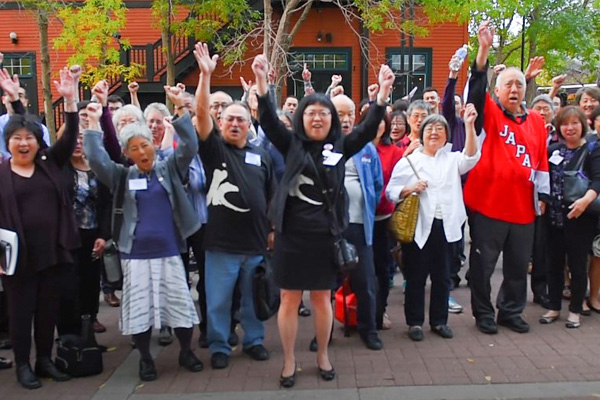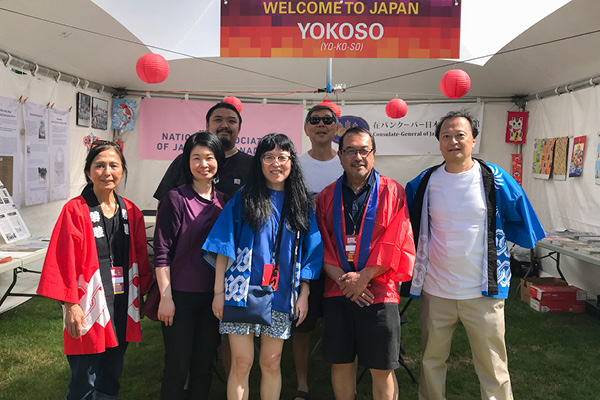“We’re Going To Do It Monday Afternoon”
These were the words of Naomi Yamamoto, British Columbia’s Minister of Advanced Education, speaking on the phone to Tosh Suzuki on May 4th 2012. The event was recalled by Tosh in an article which appeared in the June 2012 issue of The Bulletin. By ‘It’ the Minister was referring to the motion of apology to Japanese Canadian internees to be presented before the British Columbia Legislative Assembly on May 7th 2012. Let me first congratulate Minister Naomi Yamamoto for guiding this through her Cabinet and obtaining all party support for the motion. Due recognition must be given to Tosh Suzuki for the important role that he played in first raising the matter with Minister Yamamoto and ensuring that it was not forgotten.
Along with many other Japanese Canadians, however, I was puzzled by the lack of forewarning of the apology. No local or national Japanese Canadian organization was invited by the British Columbia government to take part in the planning and fashioning of the apology. According to Tosh’s account, he first spoke with Minister Yamamoto by phone near the end of March 2012; at that time, she could not guarantee that an apology would be forthcoming. Suddenly, Minister Yamamoto called Tosh on May 4th, and warned him that the apology was to be made in the Legislature on Monday, May 7th. Aside from Tosh and a small group of Nikkei from Victoria, our community was not made aware of the pending announcement. Keep in mind many former internees now reside outside the province of British Columbia.
On May 25th, the NAJC sent a letter to Minister Yamamoto offering our congratulations but also expressing our concern over the lack of warning. The June 7th response from the Minister to the NAJC was disappointing. She argued that the scheduling over the legislative agenda gave her very little time to warn the Japanese Canadian community. Why not delay the process and consult with recognized Japanese Canadian organizations prior to issuing the apology? She claims to have left a telephone message on our answering machine but a careful check revealed no such message was left. In addition, the Greater Vancouver JCCA was not informed about the upcoming announcement as well. I do not question Minister Yamamoto’s sincerity but I will question the frantic way in which this whole affair was handled. I believe that this unwarranted sense of urgency had more to do with this year being the 70th anniversary of the internment coupled with the legislative agenda. I would argue that 2013 would also have been a suitable year since it is the 25th anniversary of the Redress Settlement and the additional time would have given all stakeholders a chance to provide input.
I do not subscribe to those who argue that less fanfare over the apology prevented negative backlash from the larger community; this is the kind of logic that harbours fears of racism and discrimination from the past. This particular song was sung by most Japanese Canadians who opposed redress. We must forever be vigilant and speak up against individual as well as institutional racism and discrimination so that it would not happen again to any minority group in Canada.
Former President Art Miki has sent a letter of concern to Premier Christy Clark dated June 18th over the hasty nature of the apology. He notes, “It appeared for many as hollow, political action and perhaps demeaned the intent of the government’s action. I heard about this apology from a group outside the Japanese Canadian community and many of us were surprised.” In order to set this straight, Art has suggested that the Premier give a formal apology at a public ceremony that will include victims, family, friends and supporters. I applaud his suggestion. An apology fashioned from the involvement of the NAJC and member organizations in British Columbia would have added the moral weight of our community that was missing in the apology read inside the British Columbia Legislature on May 7th.



